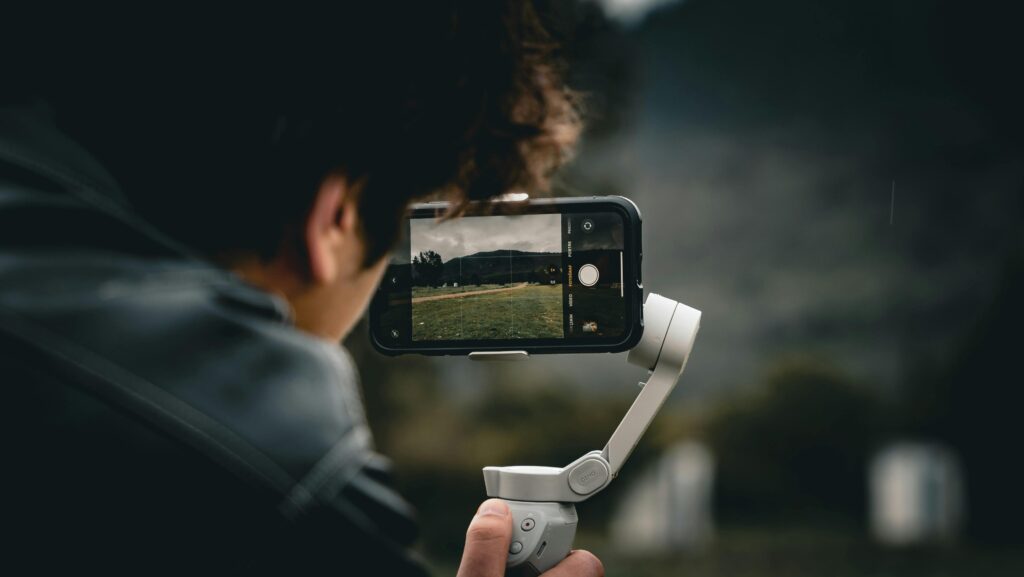
In an era where smartphones and digital cameras are ubiquitous, questions about ownership of recorded videos or pictures often arise. Is the owner the person holding the camera, the individual who set the device to record, or someone else entirely? Let’s explore this topic from legal and ethical perspectives.
Ownership of a photo or video is generally tied to the person who creates it. The creator is typically defined as the individual who captures the footage or presses the shutter button. In legal terms, this person holds the copyright to the video or image as soon as it is created.
However, certain exceptions apply. If the individual is recording or photographing as part of their job, ownership rights might belong to their employer under the “work for hire” doctrine. For example, a professional photographer hired by a company to cover an event might not personally own the images captured; instead, the company may own the rights.
Similarly, if someone is using equipment owned by another party, such as a rented camera, the contract terms may dictate ownership. It’s crucial to read agreements carefully in such cases.
“The camera is an instrument that teaches people how to see without a camera. Every image you take becomes your vision, your story, and your responsibility. Ownership isn’t just about possession but about honoring the moment you’ve preserved for eternity.”
With extensive experience in managing social media strategies, content curation, and securing video deals with proper clearance, I specialize in protecting digital content and ensuring smooth, secure workflows.
The location where a photo or video is recorded also plays a role in determining ownership and legality. Recording in public spaces is generally permissible unless otherwise restricted. In private spaces, consent becomes a critical factor. Capturing footage without permission could lead to privacy violations and legal consequences, even if the recording device belongs to the creator.
Ownership of a video or picture also brings ethical responsibilities. For instance, sharing content that includes other people without their consent might breach ethical boundaries, even if it is legally permissible. Platforms like social media have guidelines, but creators must also exercise discretion.
There are countless instances where disputes over ownership arise. For example, if a group collaborates on a video project, ownership and rights distribution should ideally be clarified beforehand. In cases where such agreements are absent, disputes can escalate, leading to legal battles.
To safeguard your rights as a creator:
In conclusion, the person who records a video or takes a picture is typically the rightful owner, but nuances in employment, location, and privacy laws can complicate this. Understanding these dynamics is crucial for creators and anyone involved in content production.